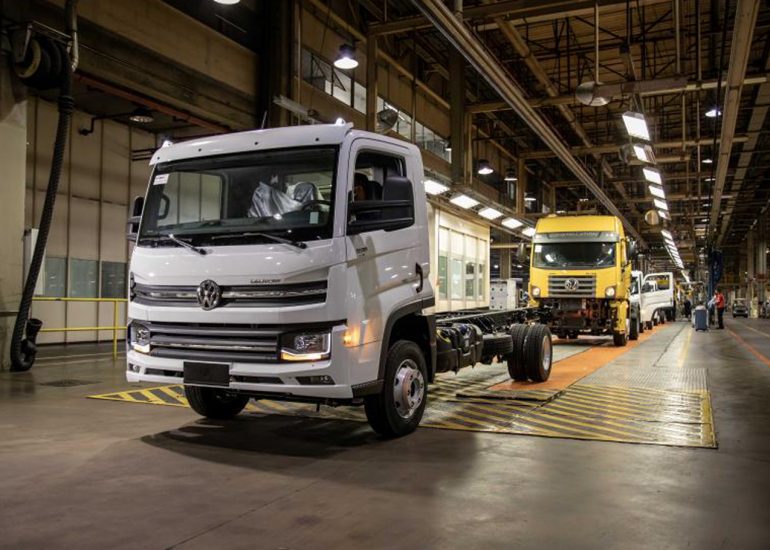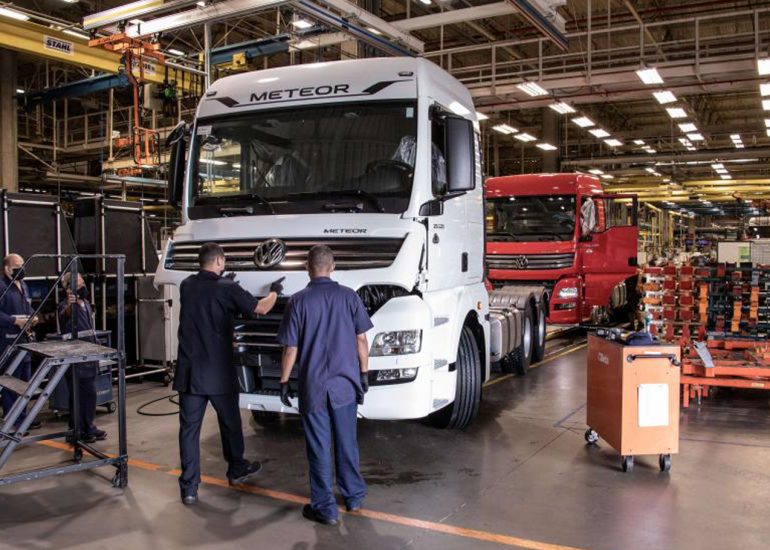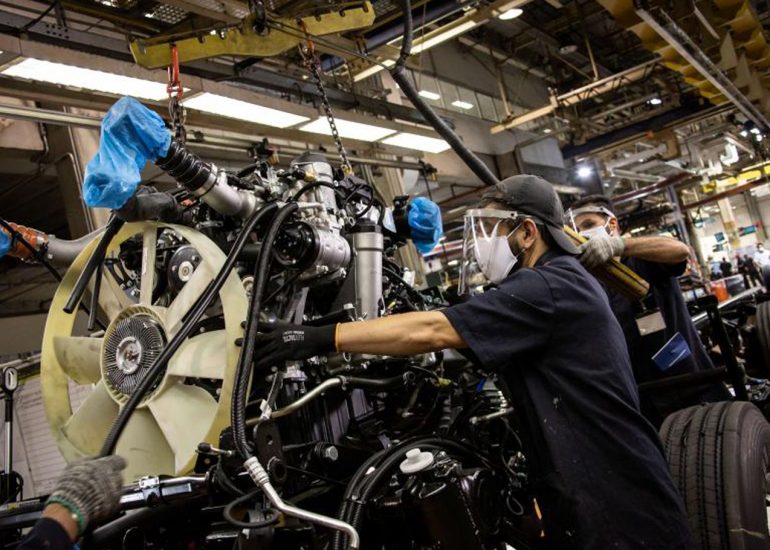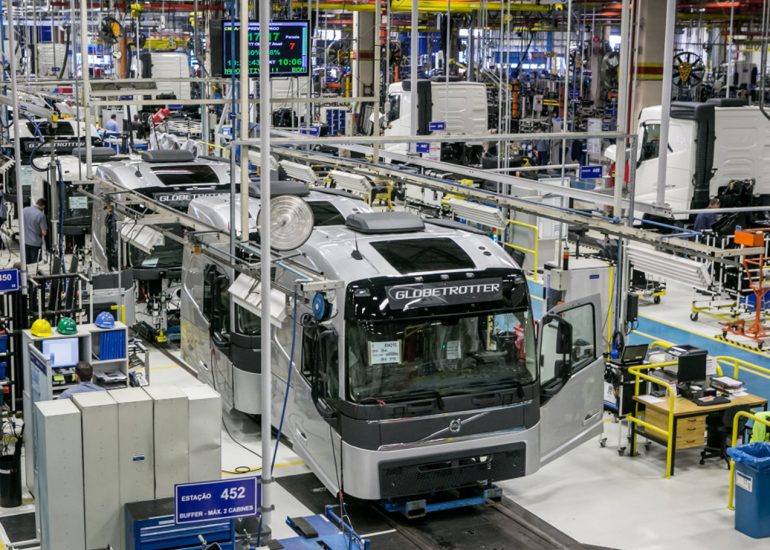Crisis for Brazilian truck industry!
Crisis for Brazilian truck industry!
By Marcos Villela
Covid-19 has made its mark in countries all over the world, not the least of which is Brazil, where the pandemic has crippled the truck industry.
Things literally ground to a halt recently – as Volvo, Mercedes-Benz, Volkswagen and Scania all shut their factories.
There was a concern about the lack of parts, but the fact is that the collapse of the Brazilian health system was the main factor in the decision to stop production at the factories. The situation is very serious due to a lack of trust in public managers at the federal, state and municipal levels. Most likely, the order must have come from the headquarters of these companies, because the whole world is concerned with the lack of management of Covid, which, of course, is a global pandemic. But, in Brazil, the situation is exacerbated by a polarisation of approaches. People cannot agree on the way forward – and there is no unified approach among politicians.
In a statement, Volkswagen Caminhões e Ônibus (VWCO) announced that “in view of the measures to contain the Covid-19 pandemic taken by the municipal and state authorities of Rio de Janeiro and São Paulo, and also due to the critical parts shortage situation” it would stop production at its factory in Resende from March 29 to April 4. The company explained that the reason for the closure was the increase in the number of cases of the pandemic and the increase in the occupancy rate of the ICU beds. “The company adopts this measure in order to preserve the health of its employees and their families,” it said in a press statement.
Mercedes-Benz distributed a press release announcing the interruption of the production activities of the commercial vehicle factories in São Bernardo do Campo (SP) and Juiz de Fora (MG) on March 26, with a return on April 5. “Our aim, in line with the Metalworkers Union, is to contribute to reducing the circulation of people at this critical moment in the country, to manage the difficulty of supplying parts and components in the supply chain, in addition to meeting the anticipation of holidays by municipal authorities.
“As of April 5, continuing the restrictive measures to protect our professionals, we will also grant collective vacations to alternating groups of productive employees according to the planning of our factories. Thus, we will have a smaller production group maintaining the distance protocols, but we will continue to serve our customers with our products and services,” the press release stated.
The brand’s dealer network and its workshops remained in operation following all preventive measures, with the exception of those located in states or cities where there is guidance from the public authorities to interrupt activities.
Another automaker that suspended most of its production at the Curitiba/PR factory was Volvo. The company said that the reasons for the stoppage were due to the worsening of the pandemic in the country, together with the lack of parts, mainly electronic components. The measure affected approximately 2 000 employees out of a total of 3 700 who work at the Volvo factory in the capital of Paraná.
After negotiations with the ABC Metalworkers Union, Scania also announced that it would stop production from March 26, until April 5, due to the worsening of the pandemic. The measure affected the majority of the automaker’s 4 000 employees.
While the factories have reopened, the Covid-related death toll in the country keeps on increasing. Over 14 million cases have been reported, almost 400 000 people have died and around 76 000 new cases are being reported daily. On April 4, 4 211 people died. The most recent daily statistics – from April 26 – show 76 085 new cases and 3 120 new deaths.
Published by
Focus on Transport
focusmagsa








